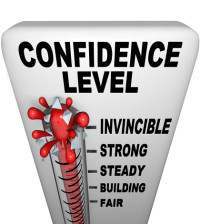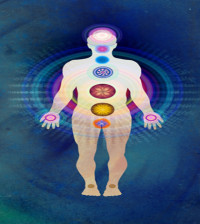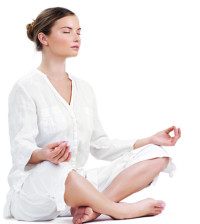- 5 Tips To Finding Peace Within Yourself
- The Do’s and Don’ts of Learning How to Accept Yourself
- How to Find Your Inner Peace and Transform Your Life
- 8 Benefits of Having an Open Mind and How to Get One
- Learn How To Be A Happier Person
- What Is The Meaning Of Life?
- Laws of Abundance – The Riches of Love and Joy
- How to Be Laid Back By Following These 9 Simple Strategies
- The meaning of confucius’ golden rule – 4 practical ways of living it
- 3 methods of unleashing the power of contentment in your life
5 Easy Ways to Deal with Panic Attacks

Panic attacks are more common than one might think, with some 4 in 10 people experiencing a wide range of panic attack symptoms every year. Experiencing the symptoms of panic attacks can be very unpleasant, and regular occurrences can leave the sufferer in a total state of anxiety as they pre-empt the next attack.
Symptoms can arrive at any time, with feelings of light headedness, incredible anxiety, heart palpitations, sweating, nausea, feeling hot or cold flushes, and feeling as though you might actually pass out right there. Accompanied by an intense force of emotions and a feeling of dread, a panic attack can be extremely debilitating for the sufferer. Here are 5 easy ways to deal with anxiety attacks.
1. Diet
Your diet plays a very big part when it comes to anxiety and nervousness. Stimulants like caffeine, high fat, high sugar items and processed carbs are not going to provide your body with the nutrients that it needs, and in times of stress there are no reserves to maintain blood sugar. Balance your diet with low Gi menu items, drink lots of water, herbal teas and avoid nicotine, drugs and alcohol as much as possible, if not completely.
2. Meditation
Anxiety attacks can happen when your mind is overloaded with thoughts and feelings, which start to manifest in other physical symptoms. The practice of mediation will help you to find a process of relaxation techniques that calm your thoughts and bring your mind to a still and quiet place, far away from the anxiety and fear.
3. Free your Mind
An anxious state of mind does not bring on symptoms of panic just out of the blue as many people think. It is actually the final stages of a pattern of consistent negative feelings, fearful thoughts and anxious emotions – all brought to a head, set off by the smallest of triggers. Part of the effective management solution to these thoughts is offloading them. People who bottle up their feelings and emotions, do so in order to ignore them, but that doesn’t mean that will have anywhere else to go. Eventually they will find an outlet once the ‘’bottle’’ of emotions becomes too much. Talking about your feelings with someone you trust or making an appointment with a therapist will be integral to prevent anxiety attacks in the future.
4. Unnecessary Stressful Situations
Avoid potential and unnecessary situations when you can. If crowds of people such as ones you may find at malls are a trigger for stress, go when it is quieter, like in the mornings just as the shops open, avoiding school holidays, month end and weekends. If particular situations instill feelings of dread and stress, don’t be afraid to speak out and let people around you know what is going on with you. You will find the support you need in others. These practices will significantly reduce the symptoms of anxiety.
5. Exercise
Exercise (and water) should be staple medical health care practitioner recommendations. Exercise in all forms and shapes are good for every aspect of your life, your mind, your body and your soul. Just 75 minutes of brisk exercise a week is enough to reduce the risks of serious health conditions by more than half. Walk with a friend, swim with your dog, go to aqua aerobics classes, run, play squash, bowls or do a Tai bo class. Pilates and yoga are excellent for reducing stress, and are suitable for all fitness levels.










































You must be logged in to post a comment Login